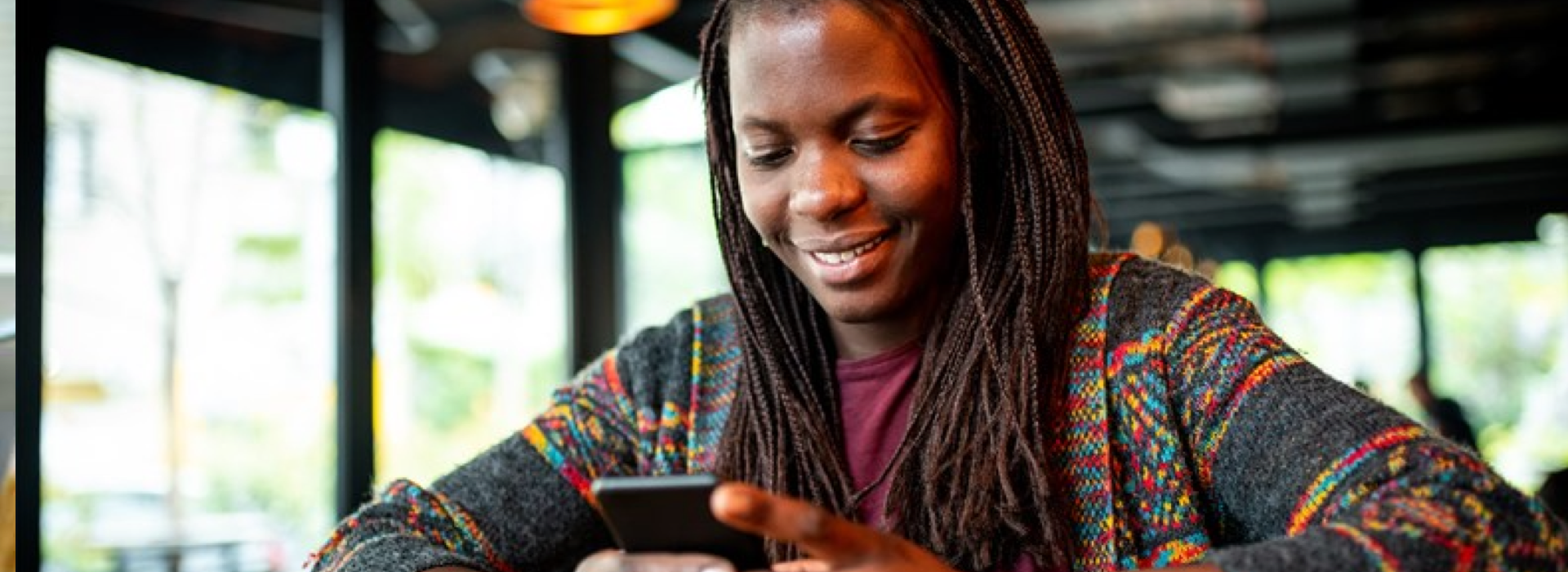Trust, innovation and ... handwashing? A behavioral scientist explains
October 4, 2022 | By Richard Wright
A handshake has long been considered a mark of trust between people. Whether they’re meeting each other for the first time or clinching a multimillion-dollar business deal, shaking hands is a customary way of showing respect, agreement and a shared purpose.
As someone who’s spent many years studying the behavior of handwashing, I think about handshakes quite a lot. We’re all taught that we should be washing our hands frequently, especially after using the bathroom or before eating food. And during the COVID pandemic, plenty of focus was put on the value of good hygiene and washing our hands.
But the research shows that, despite knowing what we’re meant to do, many of us struggle to do it. I’ve been at conferences on nutrition where the delegates sat through a seminar on the benefits of healthy eating, only to take a break and head straight for the table of pastries, leaving the fruit platters untouched. And while sales of soap surged during the pandemic, to the point where manufacture and supply became a business challenge, it remains to be seen if the lessons learned during that time will continue to be applied.
Altering habits is hard, but it’s essential, because it’s where we can enact real change. Soap can get better over time, but its improvement is incremental. The place where change can really happen is our habits around using soap. We don’t have to revolutionize soap — we just have to adjust how much we use, and how often.
It’s the distinction between technology and real innovation. Technology is about the realization of an invention, but innovation is about using that technology to solve a real problem.
For example, providing a rural village in sub-Saharan Africa with a water pump is a good example of technology. But on its own, it’s not enough. Over time it will wear out, it will become inefficient, and it will break — and the people will have to go back to getting water in the way they did before.
Innovation, on the other hand, means creating an ecosystem where that water pump is just one feature — an ecosystem in which the pump can be maintained, where more people have access to it and where they never have to go back to the dangerous water source they used to rely on.
Similarly, for a company like Mastercard, providing a credit product for a small business is a good piece of tech, but the innovation comes from creating a network that solves that business's liquidity problems and helps it grow and flourish.
Establishing that kind of innovation doesn’t happen without trust. The TRANSFORM initiative, a unique joint effort between Unilever, the U.K.’s Foreign, Commonwealth & Development Office and EY, looks to deliver market-based solutions to low-income households in sub-Saharan Africa and Southeast Asia, and that on-the-ground work with small business owners — whether they’re farmers, shopkeepers or running another enterprise — relies on trust. There’s always a degree of skepticism, especially if you’re coming from a big multinational business, and we know that one bad experience can outweigh 20 good ones. Trust is something that has to be nurtured over time, with real effort and real commitment.
Trust matters to people all over the world, whether they’re farmers in Kenya or shoppers in Kensington. They have to trust in us to do the right things, especially when it comes to matters like sustainability, which is why we’ve devoted efforts to reducing plastic usage in our products, for example. Having an ethical purpose builds trust not just with consumers but with governments, NGOs and other partners.
And it makes for better business. Being a sustainable business doesn’t have to be a trade-off with being a successful one. In fact, the two go hand in hand. At Unilever, we believe that the winning businesses of tomorrow will be those that anticipate and respond to the huge changes shaping people’s lives around the world, including the challenge of climate change.
Building that kind of trust, and fostering that kind of innovation, relies on consistency. It means doing something in the world rather than being a bystander. It means making commitments to achieve real change. It means taking strong positions on some challenging subjects but sticking to your guns — because the moment you act against your values is the moment you undermine that trust.
Consistency is key — making new habits and better behaviors that stick over time. Just like washing your hands every time you should.
It’s the right thing to do — and if you agree, we can shake on it.
